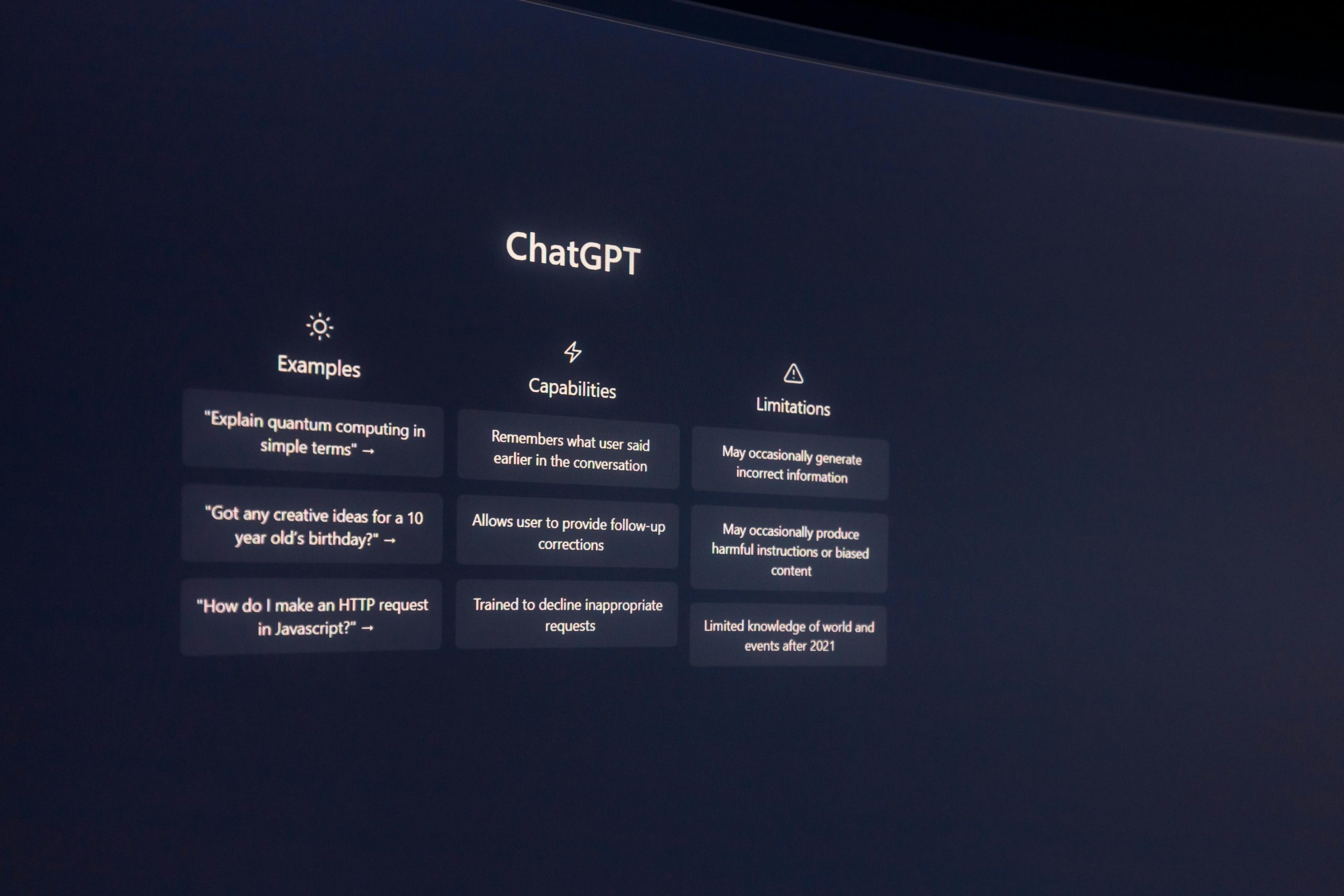OpenAI has decided to postpone the wider distribution of its innovative voice cloning technology, dubbed Voice Engine. The announcement, made recently, indicates a cautious approach to releasing a tool that can replicate human voices from a mere 15-second audio sample.
Originally unveiled on March 29, 2024, Voice Engine piqued considerable interest due to its potential applications across various sectors, including accessibility and content creation. However, it also raised significant concerns about potential misuse.
Balancing Innovation with Safety
The tech firm acknowledged the necessity for a measured rollout of Voice Engine, especially given the anxieties surrounding its possible application in deceptive practices. As stated by OpenAI in their official statement, “We are taking a cautious and informed approach to a broader release due to the potential for synthetic voice misuse.”
The company intends to use this pause to rigorously refine its safety protocols. These measures are being designed to mitigate risks and actively solicit feedback from different stakeholders regarding the technology’s implementation. OpenAI emphasized the importance of incorporating insights from areas like media, government, and advocacy groups to ensure the tool is used responsibly.
Voice Engine’s Initial Applications
Even before its intended broader release, Voice Engine had already seen limited use by a select group of OpenAI’s partners. These early applications demonstrated the technology’s capacity to assist in various scenarios. For instance, Lifespan, a healthcare provider, has utilized Voice Engine to support non-verbal patients, enabling them to communicate more effectively.
Additionally, the tool has been used to translate educational content. This involved replicating a teacher’s voice in multiple languages, thereby expanding the accessibility of courses and tutorials to a wider global audience.
Future Plans and Considerations
OpenAI recognizes that the conversation around synthetic voice technology is still evolving. They plan to dedicate more time to addressing the complex issues linked to its use. According to their statement, further development will involve “exploring mitigations, identity verification, and developing public awareness campaigns” to better inform the public about the capabilities and limitations of the technology.
The company has not yet committed to a specific timeline for when Voice Engine might become generally available. Their present emphasis remains on ensuring responsible development and deployment, taking into account ethical considerations and potential societal impacts.

